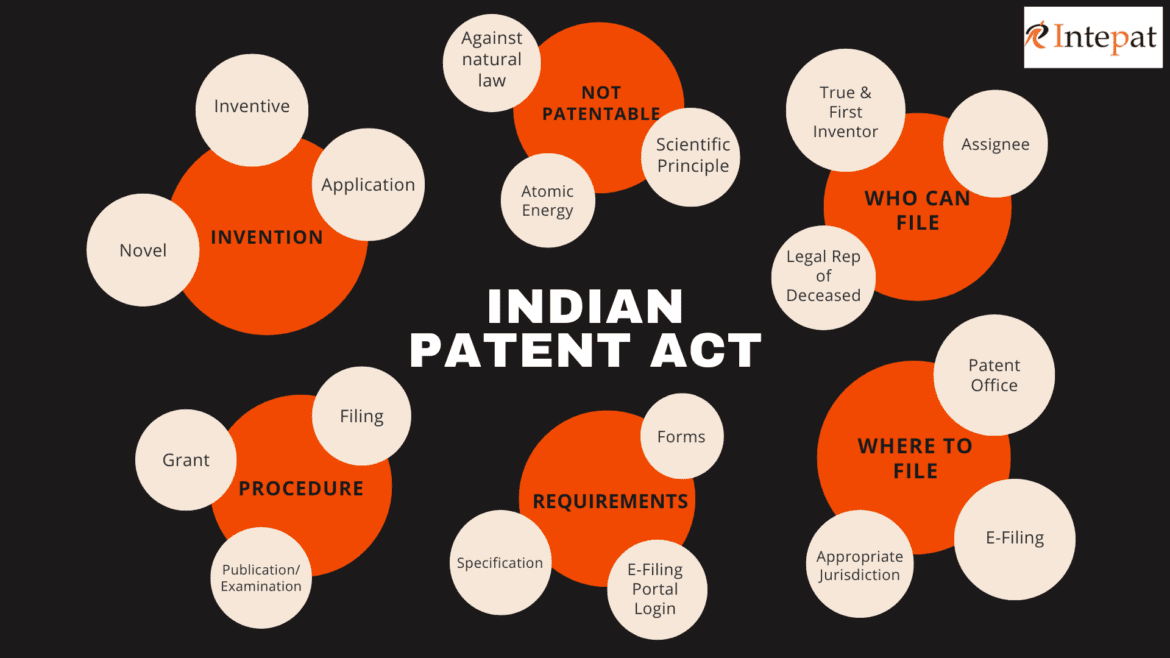India's patent ecosystem received a boost on March 15, 2024, with the Ministry of Commerce and Industry notifying the Patents (Amendment) Rules, 2024. These amendments aim to expedite patent approvals, incentivize innovation, and recognize inventors' contributions.
The burgeoning Indian patent landscape, witnessing over 250 patents granted daily in the past year, necessitated an overhaul of the existing regulations. The new rules address this by introducing a "grace period" provision. This allows applicants to disclose their inventions publicly within a specific window without jeopardizing their patentability. This aligns India's patent regime with international best practices and fosters a more open innovation environment.
Recognizing the crucial role inventors play, the amendments introduce a "Certificate of Inventorship." This certificate formally acknowledges the inventor's contribution to the patented invention. This move is expected to motivate individual inventors and small entities to actively participate in the innovation cycle.
The Ministry emphasized the economic benefits these amendments hold. By streamlining the patenting process, they anticipate faster commercialization of inventions, leading to increased economic activity and job creation. This aligns with the government's vision of transforming India into a global hub for innovation and entrepreneurship.
The new regulations also introduce financial incentives. The patent renewal fee has been reduced by 10% for those opting for online payment covering at least four years. This not only promotes digital adoption within the patent office but also offers cost savings to patent holders, particularly small and medium businesses.
While details regarding the grace period duration and the issuance process for the Certificate of Inventorship are yet to be unveiled, these amendments mark a significant step towards strengthening India's intellectual property (IP) framework. Experts believe these changes will not only expedite patent grant timelines but also foster a more robust and inclusive innovation ecosystem in the country.
The move comes amidst India's growing prominence in the global innovation landscape. The country's scientific research output has witnessed a significant rise in recent years, with a surge in publications and citations. The new patent rules are expected to further propel this momentum by providing a more supportive environment for inventors and entrepreneurs.

